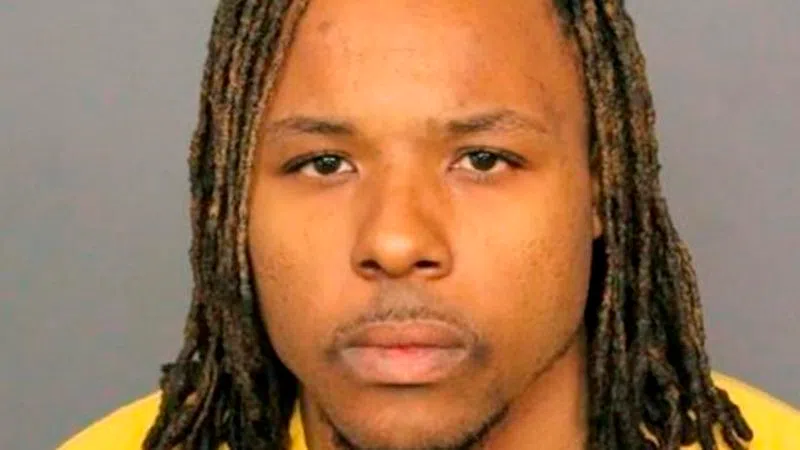
Uber driver not guilty in death of passenger in Denver
DENVER — A jury on Thursday found an Uber driver not guilty of murder in the fatal shooting of a passenger he said attacked him while driving on a freeway in Denver.
Jurors sided with Michael Hancock, 31, who argued that he was defending himself against passenger Hyun (Huhn) Kim.
About four hours after he was acquitted, Hancock was released from jail after spending more than a year behind bars. His waiting family’s shouts of joy echoed in the lobby. As soon as he got outside, Hancock ran exuberantly down a sidewalk away from reporters and television cameras.
Hancock testified at trial that the 45-year-old Kim made unwanted sexual advances and attacked him when Hancock threatened to pull over during the June 2018 ride.


